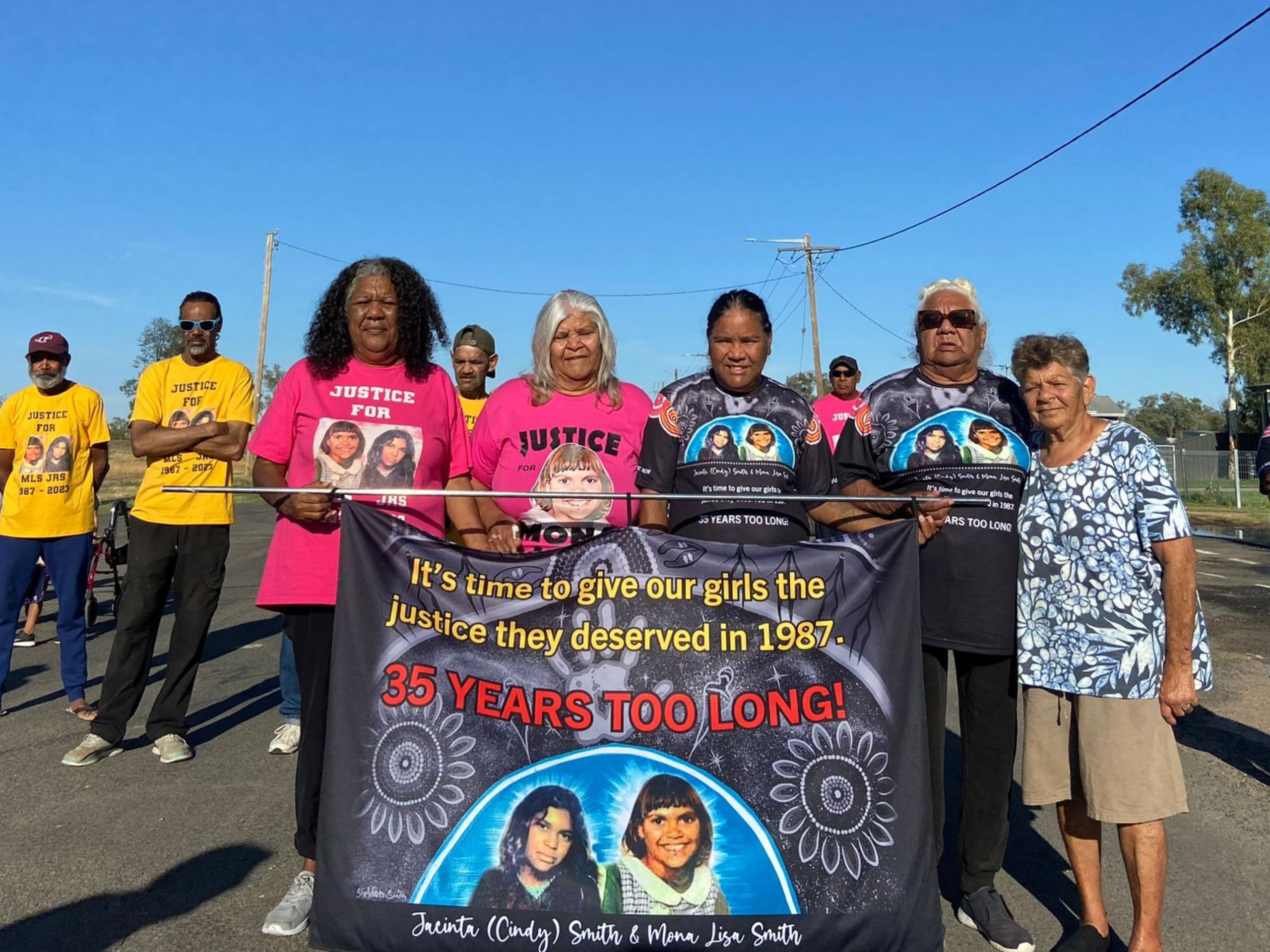Case name:
ARJ17 v Minister for Immigration and Border Protection [2018] FCAFC 98
Case summary:
The National Justice Project represented two applicants in these cases, and hundreds of others in the ARJ17 class action proceeding, against the Commonwealth of Australia and the Minister for Immigration and Border Protection. A judgment was handed down on 22 June 2018 to ensure the life-saving mobile phones were not taken away from people seeking asylum held in detention centres.
The facts:
In May 2016 the Secretary of the Department of Home Affairs adopted a ‘blanket policy’ that detainees in Immigration Detention Centres were not permitted to have mobile phones or SIM cards in their possession. If a detainee was found to possess such contraband items, they were to be seized until the detainee departed the detention facility. This policy was to be implemented from 21 November 2016, with a view to having all phones removed from detainees by 20 February 2017.
On 19 February 2017 the applicant “ARJ17” brought a class action against the Minister behalf of all those whose phones had been, or were to be, taken away. The class action sought declarations and injunctions restraining the seizure of mobile phones and SIM cards. An injunction was granted on that day. An order was also sought to quash the blanket policy.
Another appellant, known as “SZSZM”, had pursued similar orders before the Federal Circuit Court of Australia which did not succeed and so filed an appeal. This appeal was heard together with the class action proceedings. Both applicants were, at the time, detained in the Villawood Immigration Detention Centre.
The Government argued that the mobile phone prohibition was needed to mitigate risks, to maintain order and security in the facility, and to ensure the health and safety of everyone residing and working in the centre.
What was held:
Judges Rares, Flick and Rangiah held that the blanket policy was invalid because it was not authorised by any provision contained in the Migration Act 1958 (the Act).
Statutory authority is required for any search to be conducted of an individual or his/her property, because “common law does not permit government officials to enter private property, or except in limited circumstances, not applicable here, to arrest or detain individuals.”
Some 250 years ago, common law set firm frameworks in place against general warrants that did not stipulate in detail whose premises was to be searched and what objects formed part of the search.
The judges cited Clough v Leahy in that – “acts in the invasion of the liberty of the subject, or interference with his/her property, are unlawful, unless they are justified by some statute or known principle of law.”
The Minister attempted to establish that it was “reasonably necessary to take the action of removing mobile phones from the possession of the detainees.”
However, given that detainees also had access to on-site computers and landlines that were unrestricted and unmonitored, it was held not to have been “reasonably necessary” to deny them access to their mobile phones.
Nor was there evidence to support that the ‘blanket policy’ of mobile phone removal had been registered as a legislative instrument on the Federal Register of Legislation. Section 15G(I) of the Legislation Act 2003 (Cth) compels the rule-maker of a legislative instrument to register ‘as soon as is practicable after the instrument is made.’ Therefore, without that registration it is unenforceable by or against any person.
As such, the ‘blanket policy’ of detention centre officers to seize and remove mobile phones and SIM cards of people seeking asylum would be invalid.
The judges ruled that “the application must succeed, and the appeal must be allowed” – that is, the policy to remove mobile phones from detained people seeking asylum was defeated.
In the media
- “Banning mobile phones in immigration detention would make an inhumane system even crueler” – The Conversation
- “The ‘asylum seeker phone ban’ bill is before the Senate. Advocates say it will cut a critical lifeline” – ABC
- “Jacqui Lambie sinks Coalition plan to ban mobile phone access in immigration detention” – The Guardian









